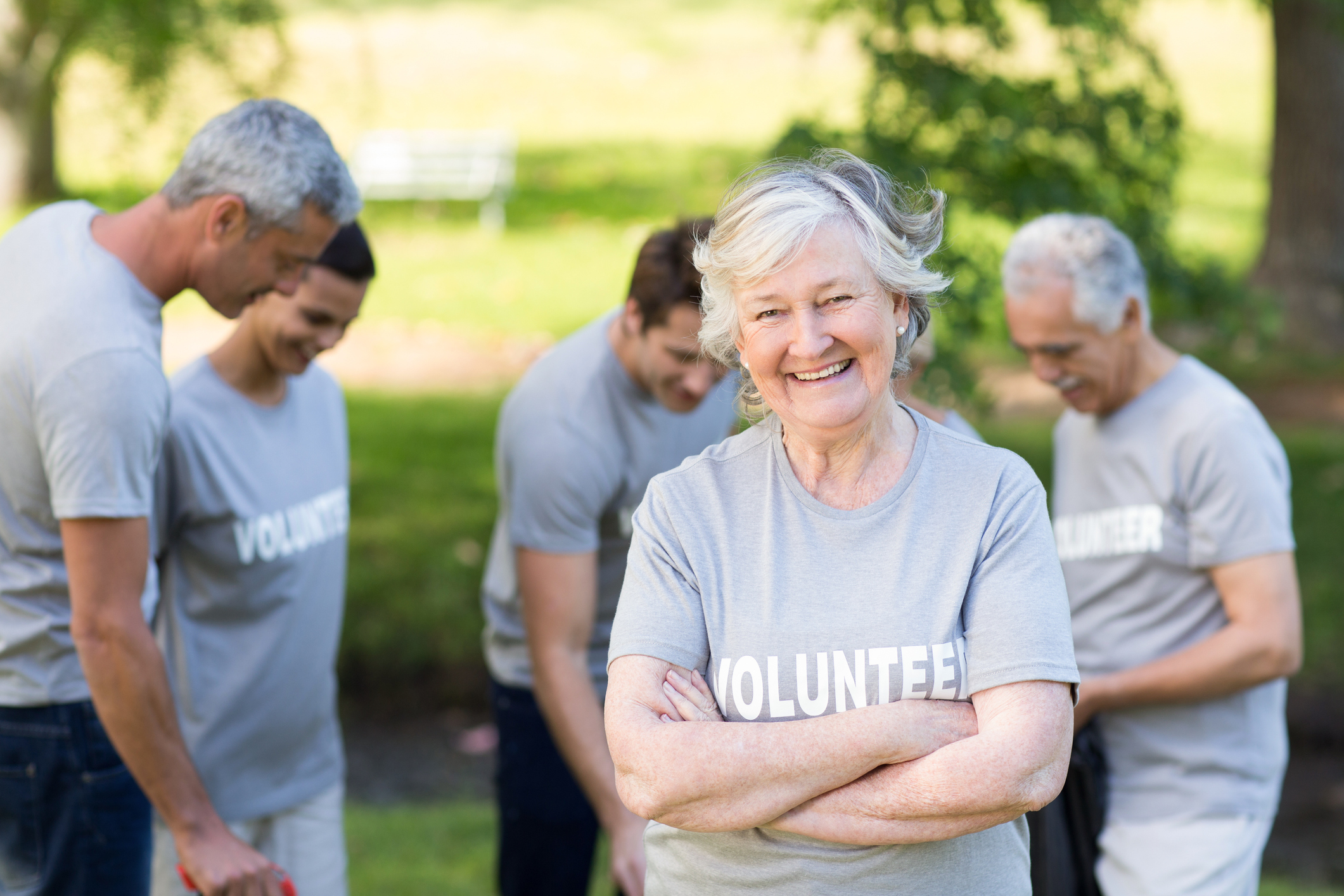Older adults taking care of other older adults is not new, but there is a growing demand for caregivers as we continue to live longer, healthier lives and strive to stay at home if possible. Families are often challenged by the care their family member may need in order to age in place and look for a reliable, understanding person to step in when they can’t be there. The number of families living too far away to care for their aging parent or working full time is continuing to grow and they must depend on others to care for their loved one.
As they age older adults prefer to stay in their homes as long as possible. This requires a discussion about the safety of the home and what renovations (if any) may need to be done to accommodate the senior. The concern escalates if they begin to experience social isolation. This can be the case, especially with rural living older adults whether on the farm or in a small village. They may still be able to drive, but they don’t venture far and from December to April the trips with the car to the doctor, the drug store and grocery store become dicey in snow belt areas. This is especially true for those that have lost their spouse and must make these journeys alone. Statistics indicate that older women seem to become more isolated, while older men will go out for a coffee, or a meal for social comfort. These people need encouragement to stay active in the world outside their door.
Older adult volunteers can create a great difference in the lives of other aging adults, becoming a liaison between the older adults and their communities. The volunteers have knowledge of the events happening in the community including the transportation available to get them there and back safely. Older adults can stay living in their home, however, they do need to actively plan to stay socially engaged. This is where the community needs to be involved, sharing the names of those living alone so a volunteer can go in and encourage interaction with the senior. They will get lost in the shuffle of life if a neighbor or friend does not encourage a senior to be active or contact a senior center on their behalf to help get the senior involved.
As people age, they become more “set in their ways” and the thought of going to an event can create anxiety. Someone to encourage them to attend may be just what is required to make a difference. Research done by the World Health Organization has found that isolated seniors use fewer health and social services and as a result have higher rates of premature death, more depression and more disability from chronic diseases. Isolation is also linked to a greater risk for dementia and cognitive decline. Older adult volunteers can play a meaningful role in the lives of those aging in place either individually or through the local Church or senior groups that organize around wellness projects.
According to a recent survey, almost 44 percent of all people 55 and over volunteer at least once a year and over 36 percent volunteer monthly. Volunteering, in and of itself, can help older adults feel less isolated and have a positive effect on self-esteem. For those who are looking for a little extra income, Seniors for Seniors matches older clients with companions and care services provided by someone closer to their age who will share a common experience and “speak the same language”. Canadians can visit this link for more information about opportunities. To get matched with a volunteer opportunity in the U.S. visit this link. Volunteering is a rewarding activity which ensures seniors have regular social interaction. Click here for more information about services for seniors and caregivers






Add Your Voice
0 Comments
Join the Discussion